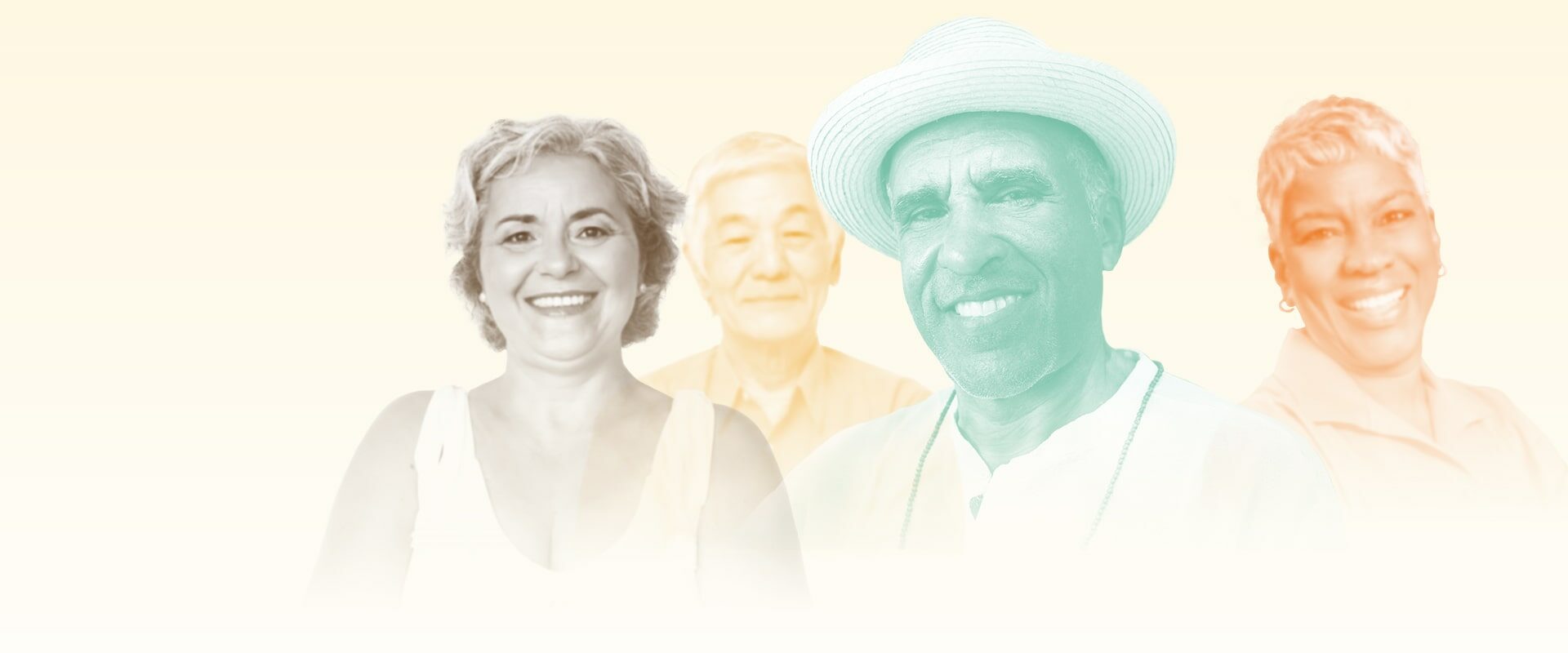It’s Called “GRECC,” Have you Heard of It?
The Eastern Colorado GRECC continues to expand and include more specialties. GRECC changed how I practice audiology and how I work with others.
Clinical Auditory Profiling: Divide and Conquer
Currently, the clinical characterization of hearing deficits for hearing aid fitting is based primarily on the pure-tone audiogram. In our work, we explored how data-driven approaches can effectively identify patient subpopulations with distinct differences in terms of their hearing abilities. This process is what we called “auditory profiling”; it opens several opportunities for improving the hearing rehabilitation process based on suprathreshold hearing deficits of patients.
Advent of Over-the-Counter Hearing Aids: How to Be Prepared
The American Academy of Audiology is committed to providing resources to the membership, profession, health-care professionals, and hearing-health-care consumers, as we navigate the advent of the U.S. Food and Drug Administration (FDA)-regulated over-the-counter hearing aids.
OPINION EDITORIAL | Should AuD Programs Increase Business Education Opportunities?
While responding to traditional objections, this article explores why more business savvy education will produce better clinicians and leaders and how students can gain that business knowledge with little disruption to ongoing education strategies.
It May Meet Your Standards, but Does It Meet Mine?
Audiologists possess the knowledge and understanding of signal processing, the functionality of assistive technology, and the impact of perception of sounds. Independent verification of hearing aids by audiologists demonstrates the necessity of our services and ensures that the devices we are delivering accurately provide benefit.
Academy Research Conference 2022: Age-Related Hearing and Balance Decline
The Academy Research Conference for 2022 (ARC 2022) took place on March 30 in St. Louis, Missouri, and focused on age-related hearing and balance decline, an important topic in public health that significantly impacts the clinical care of aging adults. Here is a summary of the presentations.
AUDIOLOGY ADVOCATE | Honing the Message in Advocacy: Member Engagement for Making Change
When the American Academy of Audiology came together with the American Speech-Language-Hearing Association (ASHA) and the Academy of Doctors of Audiology (ADA) to build the Medicare Audiologist Access and Services Act (H.R. 1587/S. 1731) in 2018, it was critical to craft legislation that would address all three of the main components of legislation that each organization had been pursuing. The goal was to modernize Medicare to allow direct access to audiologists by removing the physician referral requirement, reclassify audiologists as practitioners, and expand covered audiological services beyond diagnosis to treatment. These changes would give audiologists additional opportunities under Medicare and also help align audiologists with other doctoral-level health professionals.







